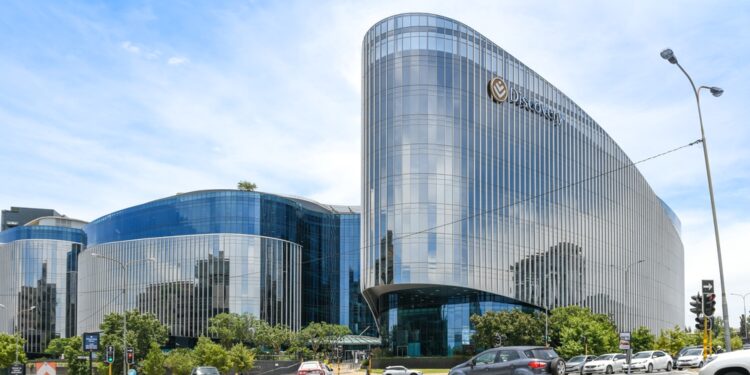As the problems of the NHS are set to become a major focal point in the upcoming UK general election, South Africa’s newly created National Health Insurance (NHI) is experiencing its own set of issues, just as it has been signed into law.
The NHI bill was signed into law by South African President Cyril Ramaphosa on Wednesday (15 May), and is likely to encounter several legal challenges including action from Discovery, the nation’s largest health insurance provider, and parent of Vitality in the UK.
In an open letter published on LinkedIn yesterday, Adrian Gore, founder and CEO of Discovery, said he was reaching out to Ramaphosa about concern that the Act would end private health insurance in South Africa, and to provide clarity and reassurance.
“The Act is likely to trigger a range of legal challenges,” Gore said.
“Discovery will also take the necessary action as required.”
He said: “Though the NHI Bill is now an Act, there remains considerable debate and controversy on this front. I am writing to provide clarity and reassurance.
Unequivocal support
“Upfront it is important to state that we unequivocally support universal health coverage and believe that a workable NHI is central to achieving this.
“However, in its current form, the NHI Act is not feasible as it rules out private sector collaboration.
“We remain strongly of this view and will continue to fight for an NHI that is viable and to the benefit of all South Africans.”
The main issue, Gore said, is section 33, which states that once the NHI is fully implemented medical schemes will be able to cover only those services that are not covered by NHI.
“This implies that medical scheme cover will be replaced by the NHI at that point in time,” Gore said.
But he noted that the NHI is a complex idea, which probably won’t be fully implemented for at least 10 years.
“We believe it will take a long time – a decade at least – to achieve ‘full implementation’ given the scale and complexity of reforms needed.
“Bear in mind the NHI is an inordinately large and complex initiative that proposes extraordinary change and restructure to public and private healthcare systems.
“This is unprecedented and will be incredibly difficult to achieve.”
Still room for PMI
And he noted that even once that happens, there will still be room for private medical insurance to cover areas for benefits not covered by the NHI.
“The NHI is unlikely to have sufficient funding to provide an extensive package of benefits.
“This is because our country unfortunately faces significant financial constraints linked to low economic growth and a very narrow tax base.
“Medical schemes will therefore still play a significant role post full implementation of the NHI.”
But Gore noted: “The Act will be legally challenged – we need a workable NHI.”
Stating his support for a workable NHI that can support universal health coverage, Gore said: “The NHI will only be workable if it provides universal access to care for all South Africans, while not restricting the rights of medical scheme members.
“To achieve this requires collaboration between the public and private healthcare sectors, which the Act fails to facilitate on a sustainable basis.
More sources of funding needed
“To achieve sustainability, we need more sources of funding for healthcare, not less.
“We need more doctors and healthcare professionals and resources, not less. Importantly, a workable NHI requires the public sector to be strengthened, not the private sector to be weakened.
“We need both to be strong and working together effectively.”
He said that in light of these issues and other concerns, the Act is likely to trigger a range of legal challenges adding that Discovery would also take the necessary action as required.
Gore concluded: “We understand that President Ramaphosa’s signing of the NHI Act has caused anxiety.
“However, with full implementation a long way out and many matters still to be navigated, I urge you to focus on the facts.
“Rest assured that we will do the right thing for you, the healthcare system and for all South Africans.”
Not an overnight event
Ramaphosa underlined the importance of the NHI when signing the Bill into law on Wednesday, describing the signing as a pivotal moment and a milestone in South Africa’s ongoing quest for a more just society.
He said: “The NHI is an important instrument to tackle poverty.
“The rising cost of health care makes families poorer. By contrast, healthcare provided through the NHI frees up resources in poor families for other essential needs.”
He said the challenge in implementing the NHI lies not in the lack of funds, but in the misallocation of resources that currently favours the private health sector at the expense of public health needs.
But, like Gore, he also noted that the change would take time and urged people not to fear, as the NHI will be implemented gradually rather than as “an overnight event”.
“The NHI is an opportunity to make a break with the inequality and inefficiency that has long characterised our approach to the health of the South African people.
“Let us work together, in a spirit of cooperation and solidarity, to make the NHI work.”






